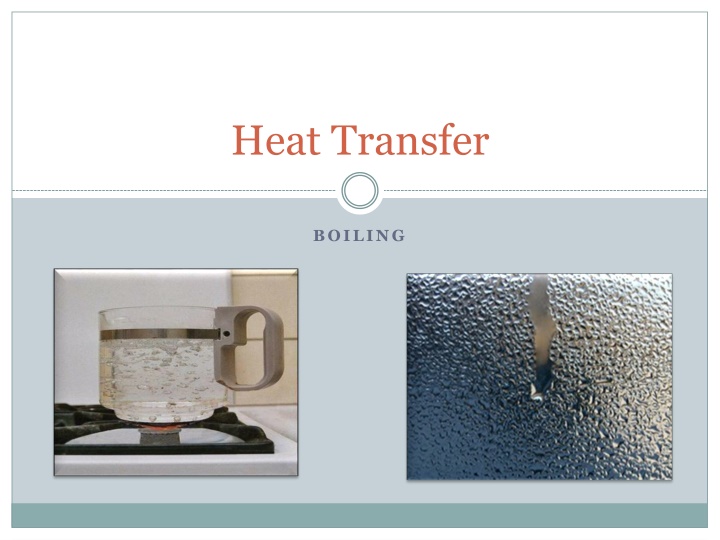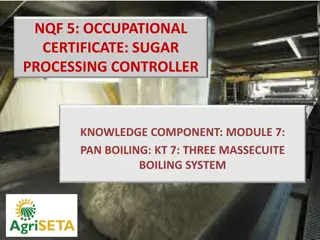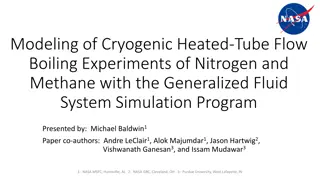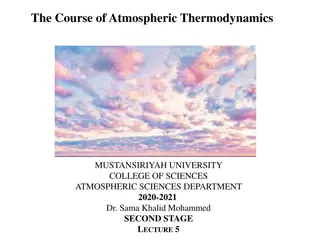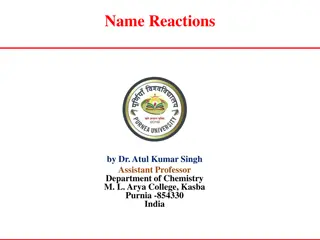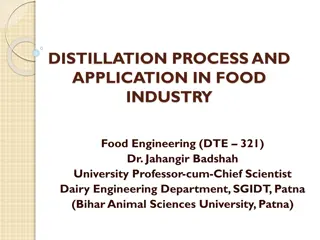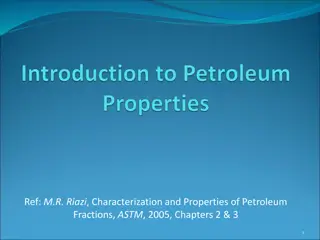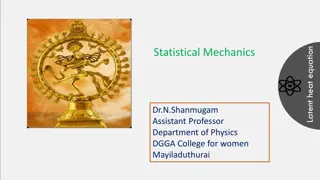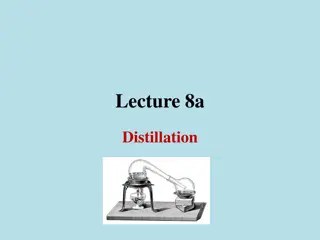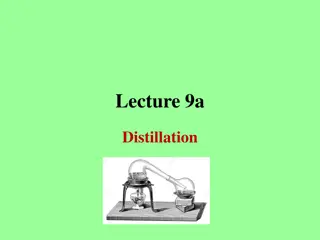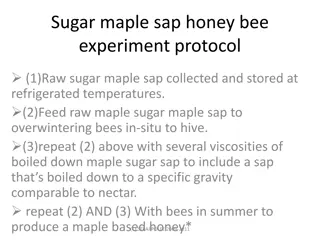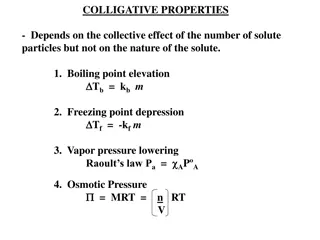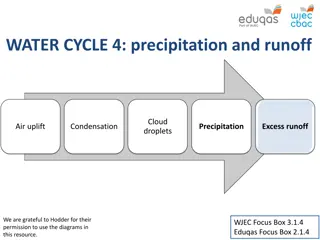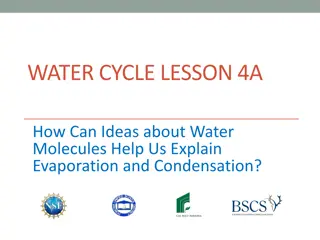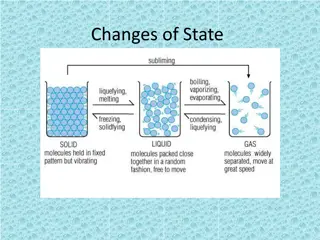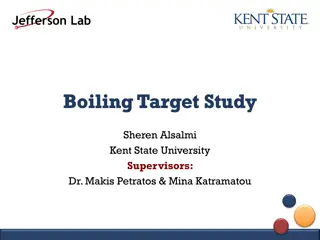Practical Applications and Unique Features of Boiling and Condensation
Many practical cases involve heat transfer with a change of phase of the fluid, such as boiling and condensation. These processes exhibit high heat transfer rates with small temperature differences due to the change of phase, making them crucial in various applications like refrigeration systems, steam power plants, and nuclear reactors.
Download Presentation

Please find below an Image/Link to download the presentation.
The content on the website is provided AS IS for your information and personal use only. It may not be sold, licensed, or shared on other websites without obtaining consent from the author.If you encounter any issues during the download, it is possible that the publisher has removed the file from their server.
You are allowed to download the files provided on this website for personal or commercial use, subject to the condition that they are used lawfully. All files are the property of their respective owners.
The content on the website is provided AS IS for your information and personal use only. It may not be sold, licensed, or shared on other websites without obtaining consent from the author.
E N D
Presentation Transcript
Heat Transfer BOILING
Introduction There are many important practical cases which involve heat transfer with a change of phase of the fluid, e.g. boiling where the liquid changes to vapour and condensation where the vapour condenses into a liquid Boiling and condensation are classified under convection since there is motion of the fluid during heat transfer in these processes. Some of the applications of boiling and condensation are: Evaporators and condensers of a refrigerating system Boilers and condensers of a steam power plant Reboilers and condensers of distillation columns of cryogenic and petrochemical plants Cooling of nuclear reactors and rocket motors Unique features of boiling and condensation are: heat transfer, practically at a constant temperature, because of change of phase high heat transfer rates with small temperature difference.
